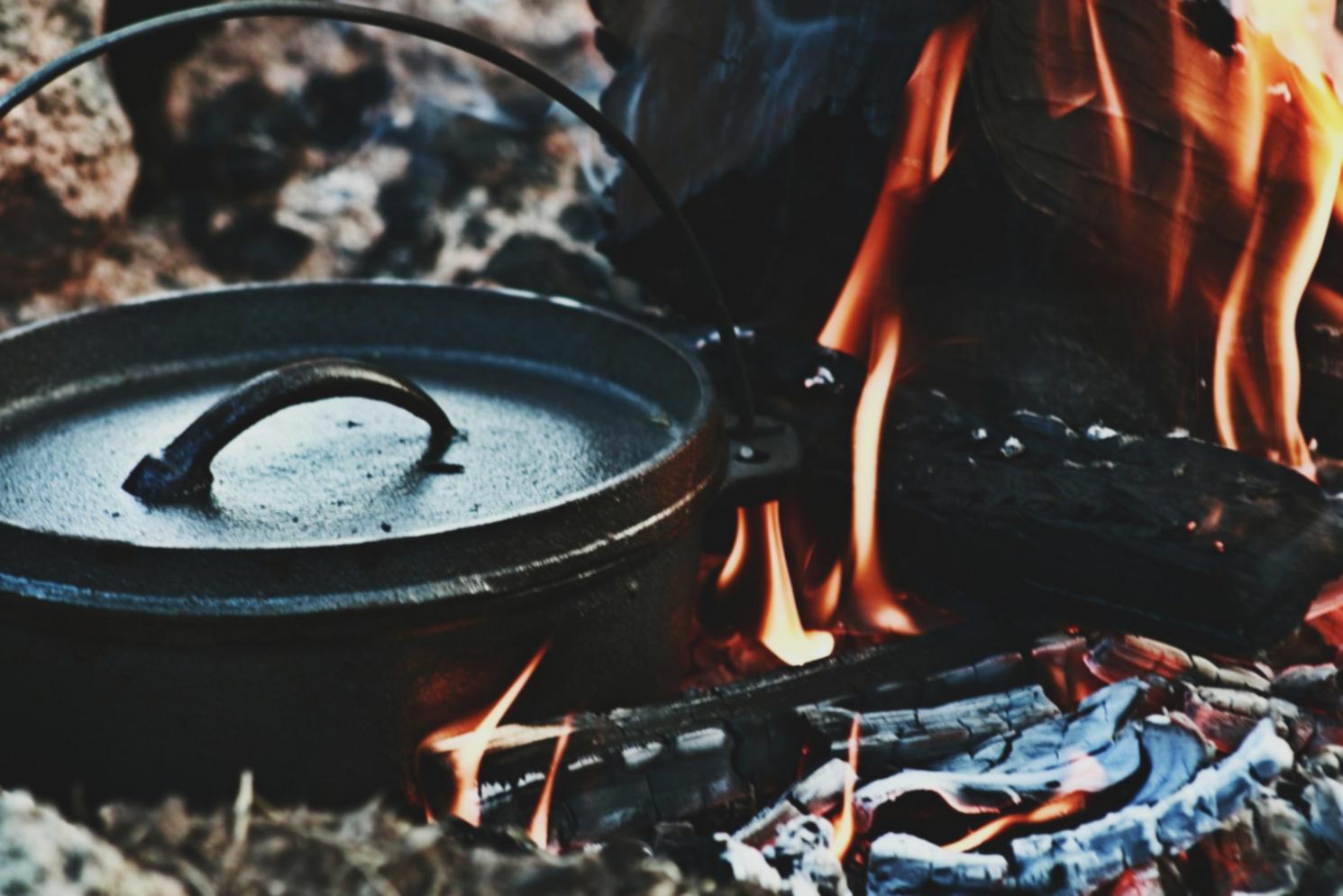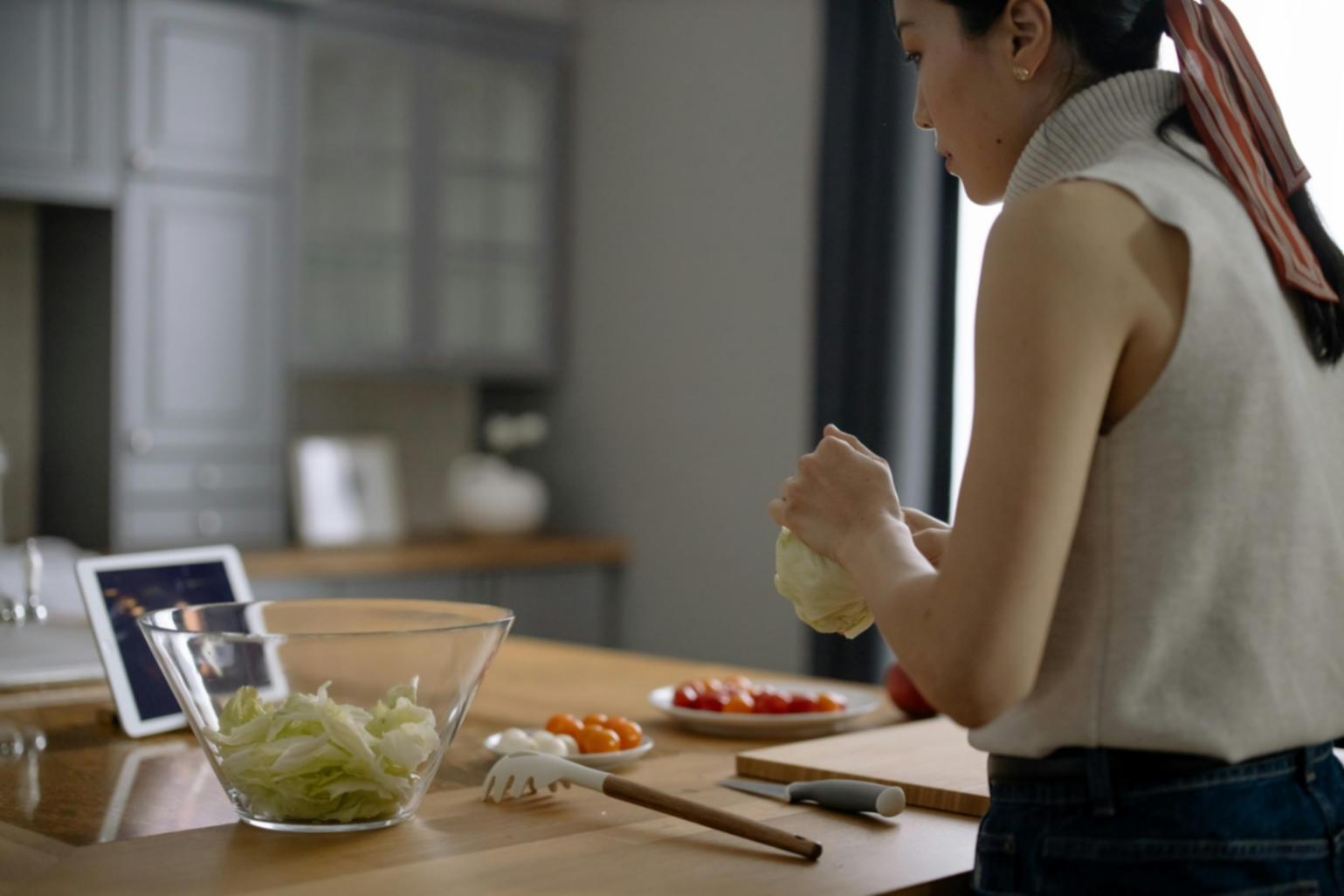Professional Culinary Training That Actually Works
Our program isn't about watching someone cook on a screen. You'll work through hands-on projects that mirror what happens in real Italian kitchens—starting simple, building complexity, and getting feedback from people who've actually run restaurants and catering businesses.

How We Approach Culinary Education
Most programs throw recipes at you and hope something sticks. We don't do that. Our structure came from watching what actually helped people transition into culinary work between 2022 and 2024.
Each week you get a project based on real situations—menu planning for dietary restrictions, scaling recipes for events, troubleshooting when ingredients aren't available. These aren't hypotheticals. They're pulled from actual challenges our instructors faced running kitchens in Puglia and beyond.
Weekly video feedback on your technique from instructors who've worked in Michelin-reviewed restaurants and family trattorias
Small cohorts of 8-12 participants so you can actually ask questions without getting lost in a crowd
Access to ingredient sourcing guides specific to Italy's regional markets and suppliers
What Participants Achieve
These numbers come from tracking our 2023-2024 cohorts. Not everyone finishes, and that's fine. But those who put in the work tend to see measurable progress.
Average time participants need to build a portfolio strong enough to approach restaurants or catering companies with confidence
Number of fully documented recipes and techniques most participants master by graduation, covering appetizers through desserts
Direct feedback and guidance time you'll receive throughout the program from working culinary professionals

I spent years watching cooking videos and getting nowhere. This program made me cook the same dish four times until I understood why temperature matters more than timing. Tough but worth it.

The regional focus helped a lot. I'm based near Bari and the instructors knew local suppliers, seasonal patterns, even which markets had better produce on which days. Very practical stuff.

What surprised me was the business side. Menu costing, dealing with suppliers, understanding profit margins. Nobody teaches that in regular cooking courses. Changed how I approach the whole field.
What You'll Actually Learn
The curriculum follows how professional kitchens actually work—foundation techniques first, then building complexity as your skills develop. We update content every six months based on what participants struggle with most.

Knife Skills and Preparation Techniques
Master fundamental cutting techniques, workspace organization, and ingredient prep that forms the backbone of efficient cooking. You'll practice until these movements become automatic.
Weeks 1-4
Heat Control and Cooking Methods
Understanding how different heat levels affect ingredients, when to use each cooking method, and how to adjust on the fly when things don't go as planned.
Weeks 5-10
Flavor Development and Seasoning
Building complex flavors through layering, balancing salt-acid-fat-heat, and developing your palate to taste what's missing from a dish before serving.
Weeks 11-16
Regional Italian Cuisine Foundations
Deep focus on Southern Italian techniques and ingredients, with particular attention to Pugliese traditions, seasonal cooking, and working within regional supply chains.
Weeks 17-26
Menu Planning and Kitchen Economics
Creating balanced menus that work within budget constraints, calculating food costs, managing inventory, and understanding what makes a dish profitable for a business.
Weeks 27-32
Final Project and Portfolio Development
Design and execute a complete menu service, document your process professionally, and build materials you can show potential employers or clients with confidence.
Weeks 33-40
Next Cohort Begins October 2025
Applications open in July. We take 24 participants per cohort and usually fill spots within three weeks. If you're serious about building culinary skills that translate to real work, let's talk about whether this program fits what you're trying to accomplish.
Learn About Application Process